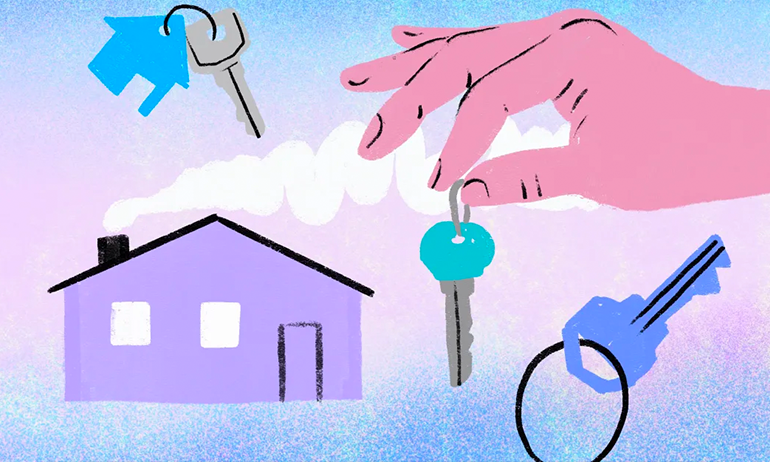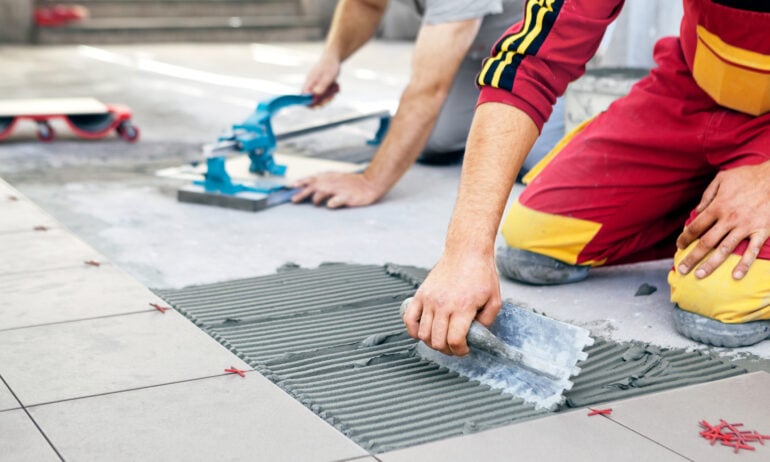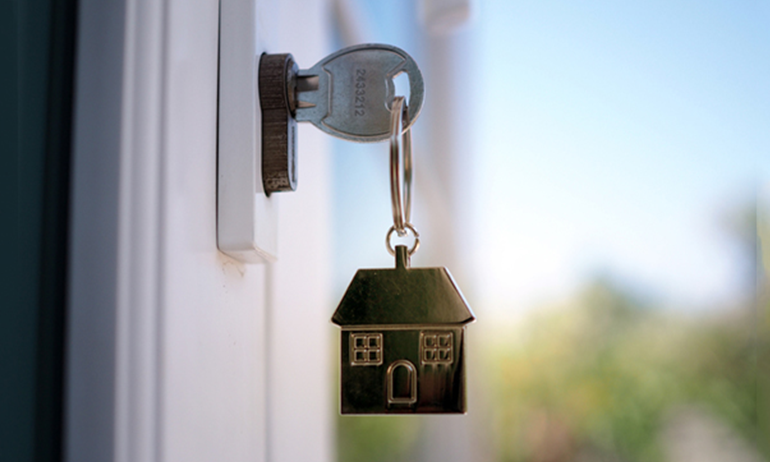Advertisement

What Will the Expense of a Metal Roof Be in 2025?
The Financial Spectrum of Metal Roofing
When it comes to installing a metal roof, you might find yourself facing costs that generally hover between $5,500 and $15,500. The sweet spot for most homeowners tends to be just below $10,500. While metal roofs shine for their durability, minimal upkeep, and eco-consciousness, they do come with their own set of challenges, such as potential noise during storms and susceptibility to harsh weather conditions.
Metal Choices and Their Impact on Costs
Your choice of metal can dramatically influence the price of your roof. Here’s a breakdown of some popular materials and their cost per square foot:
- Aluminum: $8 to $12
- Copper: $16 to $30
- Metal Slate (Stone Coated Slate): $5 to $12
- Standing Seam (Aluminum or Zinc-Coated Steel): $8 to $14
- Steel: $6 to $16
- Tin: $3 to $15
- Zinc: $6 to $10
- Corrugated Metal: $4 to $7
A Deep Dive into Cost Influencers
Beyond the type of metal, various factors come into play when determining your total expenses for a metal roof:
- Underlayment: You'll need to consider whether your existing underlayment is suitable for metal roofing; a replacement could tack on extra costs.
- Tax Credits: Unlike conventional roofing, metal roofs may grant you tax credits due to their environmentally friendly nature.
- Labor: This can account for about two-thirds of your overall expense, so keep in mind that complex installations will raise your labor costs.
- Location: Higher living costs or extreme weather regions may influence your roof's pricing significantly.
- Pitch: Steeper roofs necessitate specialized equipment, leading to higher installation costs.
- Fasteners: Expect to pay more for hidden fasteners compared to their exposed counterparts.
Long-Term Investment vs. Initial Cost
While the upfront expense of a metal roof might be intimidating, remember that the long-term benefits can outweigh the initial investment. With great energy efficiency, potential tax rebates, and reduced future roofing expenses, metal roofs can prove economically advantageous over time.
HOA Regulations to Consider
If you reside in a neighborhood governed by a homeowners' association (HOA), it's wise to verify their stance on metal roofs. Despite their numerous benefits, some HOAs might restrict metal installations due to aesthetic concerns, including glare from paint finishes or a style that clashes with neighborhood aesthetics.
Warranty Matters
Before making a purchase, scrutinize the warranties of different metal roofs to ensure you secure the most extensive coverage for the longest duration. Key areas of coverage to look for include:
- Substrate: Duration of coverage varies across different metals.
- Workmanship: This includes all installation-related tasks.
- Finish/Paint: How color change is covered over time is crucial.
- Weathertightness: Coverage against leaks should be part of your warranty.
Financing Options: A Variety to Choose From
Considering financing? Your contractor may have some plans, but don’t forget to explore independent options. Home equity loans or HELOCs often come with lower interest rates than contractor financing, potentially providing tax benefits.
With a home equity loan, you’ll receive a lump sum and pay back a fixed rate, while HELOCs operate more like credit cards, allowing you to draw funds when necessary. Meanwhile, personal loans can be a great alternative for various types of projects, providing fixed payments without collateral, so your home isn’t at risk for missed payments.
Although credit cards carry higher interest rates, they can be beneficial for smaller repair costs, especially if paired with rewarding offers or introductory periods. Just ensure to select the right card for home improvements.
Finding the Right Financing Fit
Your optimal financing solution hinges on factors such as the amount needed, the timeline of your project, and the repayment period. For value-adding projects like roofing, a HELOC or home equity loan may be advisable, whereas credit cards could be better for minor repairs. Always compare interest rates, terms, and fees across various financing options before committing to ensure you receive the best arrangement available.


